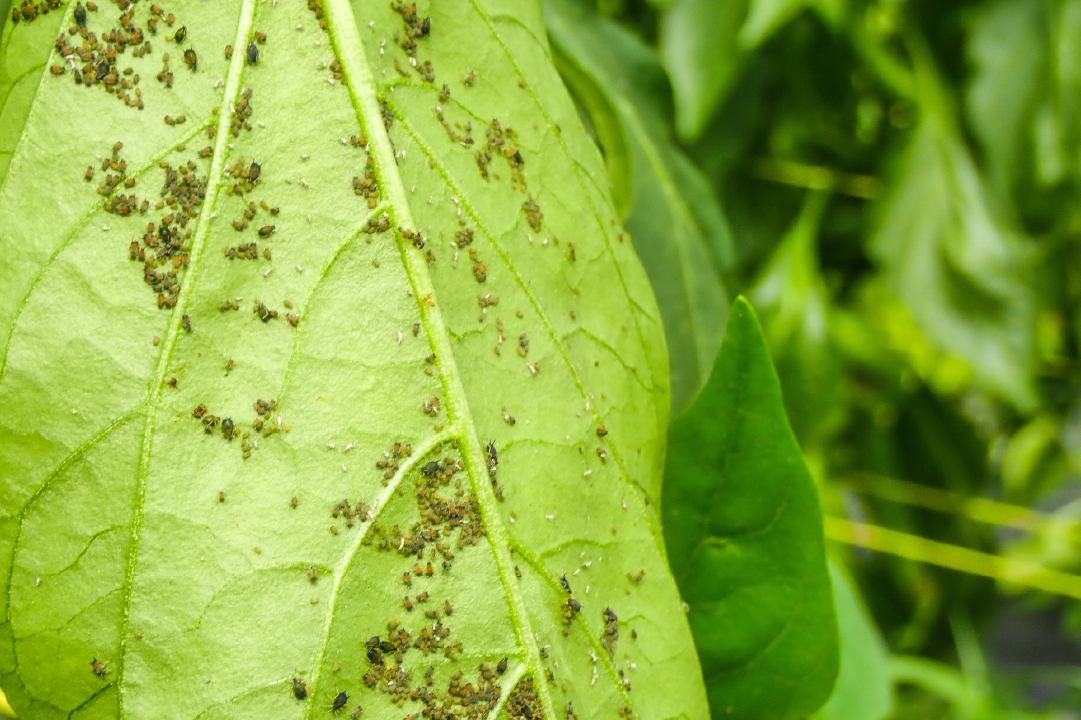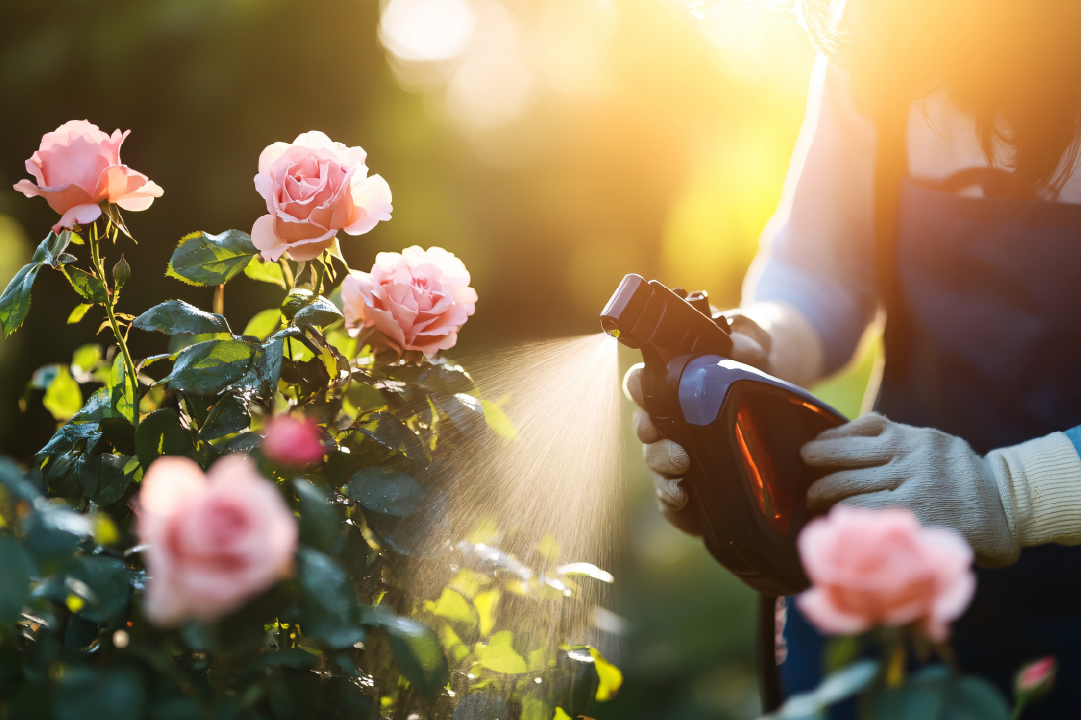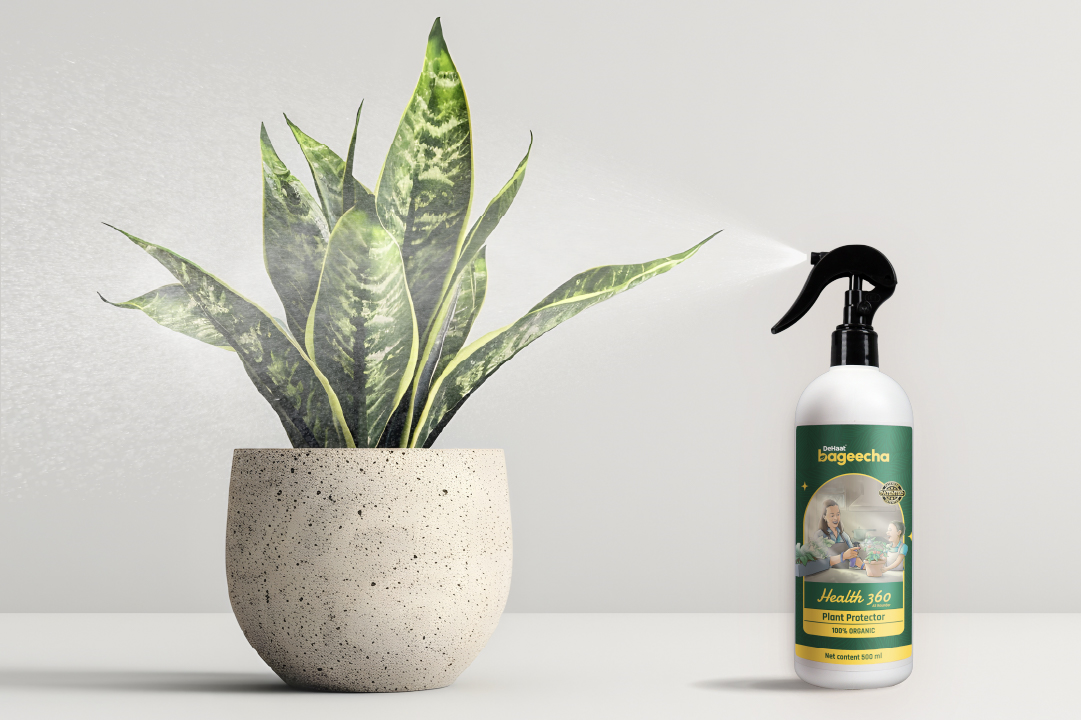.jpg)
Ah, aphids—the tiny, sap-sucking ninjas of the plant world. One moment, your garden is a lush paradise; the next, it's an all-you-can-eat buffet for these minuscule marauders. But fear not, fellow plant enthusiasts! Let's embark on a whimsical journey to uncover the most effective aphid control insecticides that will send these pesky intruders packing.
The Aphid Chronicles: Know Thy Enemy
Before we dive into our arsenal, let's get acquainted with our adversary. Aphids are small, pear-shaped insects, often green but sometimes donning shades of yellow, pink, or black. They love to congregate on the undersides of leaves, tender shoots, and budding flowers, piercing plant tissues to feast on the sweet sap within. This feasting frenzy weakens plants, leading to curled leaves, stunted growth, and a sticky residue known as honeydew, which can invite sooty mold.

The Natural Knights: Eco-Friendly Aphid Assassins
For those who prefer a gentle touch with Mother Nature, several natural remedies can effectively combat aphid invasions.
Insecticidal Soaps and Horticultural Oils
These are the gentle giants of pest control. Insecticidal soaps disrupt the aphids' cell membranes, causing them to dehydrate, while horticultural oils smother them by blocking their airways. Both options require thorough coverage, especially on the undersides of leaves where aphids love to hide. Regular applications may be necessary, as these treatments don't have a residual effect.

Neem Oil: The Ancient Elixir
Extracted from the seeds of the neem tree, neem oil serves as both an insecticide and a fungicide. It disrupts the hormonal balance of aphids, deterring feeding and inhibiting growth. Additionally, it can prevent the development of sooty mold by reducing honeydew production. Regular application is key, especially after rainfall.
The Chemical Cavalry: Synthetic Solutions
When aphid armies overwhelm, it might be time to call in the big guns. Synthetic insecticides offer potent solutions but should be used judiciously to minimize environmental impact.
Imidacloprid: The Systemic Sentinel
Imidacloprid is a systemic insecticide absorbed by plants and transported throughout their tissues. When aphids feed on treated plants, they ingest the toxin, leading to their demise. It's effective and offers longer-lasting protection but should be used with caution, as it can affect beneficial insects like bees.
Flupyradifurone: The New Kid on the Block
Flupyradifurone is a relatively new insecticide effective against sap-feeding insects like aphids. It boasts a high rate of uptake by plants and provides quick action, often inhibiting aphid feeding within hours. Its safety profile is considered favorable, but, as with all chemicals, it should be used responsibly.
The Organic Vanguard: Plant-Based Protectors
For those seeking a harmonious balance between efficacy and eco-friendliness, plant-based insecticides offer a compelling choice.
Pyrethrin-Based Products
Derived from chrysanthemum flowers, pyrethrins attack the nervous systems of aphids, leading to rapid knockdown. Products like PyGanic® Gardening harness the power of pyrethrins to provide effective control. However, they degrade quickly in sunlight, necessitating frequent applications.
DeHaat Bageecha Health 360: The Garden Guardian
Enter DeHaat Bageecha Health 360, a 100% natural plant pest protector formulated from pure plant extracts. This versatile spray is effective against aphids, mealybugs, and whiteflies, offering visible results within 72 hours. Safe for both indoor and outdoor plants, it strengthens plant defenses and promotes overall vitality. Plus, it's safe for pollinators, ensuring your garden remains a buzzing paradise.

Integrated Pest Management: A Holistic Approach
Combining multiple strategies often yields the best results. Encourage natural predators like ladybugs and lacewings, practice crop rotation, and maintain plant health through proper fertilization and watering. Regularly inspect your plants, and at the first sign of aphids, employ your chosen aphid control insecticide to prevent a full-blown infestation.
Final Thoughts: Keep Aphids Away and Your Garden Thriving!
Aphids may be tiny, but their impact on your plants can be massive. By choosing the right aphid control insecticide, whether organic, plant-based, or synthetic, you can keep these pesky invaders at bay. If you're looking for a safe, natural, and pollinator-friendly option, DeHaat Bageecha Health 360 is the perfect solution to protect your plants while keeping your garden ecosystem healthy.
So, are you ready to reclaim your green space from aphids? Pick your strategy, grab your insecticide, and watch your plants flourish!
FAQ Section
Q: Are natural insecticides as effective as synthetic ones?
A: Natural insecticides can be highly effective, especially when used correctly and in combination with other pest management strategies. They may require more frequent applications but offer the advantage of being environmentally friendly and safe for beneficial insects.
Q: How often should I apply insecticidal soap or neem oil?
A: It's best to apply these treatments every 7-10 days, ensuring thorough coverage, particularly on the undersides of leaves. Reapply after rain or heavy watering, as these substances can be washed away.
Q: Can I use multiple insecticides simultaneously?
A: While it's possible to rotate between different insecticides to prevent resistance, avoid mixing products unless specified by the manufacturer. Always follow label instructions and consider consulting with a local extension service or gardening expert.
Q: Is DeHaat Bageecha Health 360 safe for edible plants?
A: Yes, DeHaat Bageecha Health 360 is made from 100% natural plant extracts, making it completely safe for use on vegetable plants, herbs, and fruit-bearing trees. You can spray it on your crops without worrying about harmful residues, ensuring that your homegrown produce remains pure and pesticide-free. However, as a best practice, always wash your produce before consumption.
Q: What is the best time of day to apply aphid control insecticides?
A: The best time to apply insecticides, whether natural or synthetic, is early morning or late evening. This helps avoid the heat of the day, which can cause the spray to evaporate too quickly. Additionally, spraying during cooler hours reduces the risk of harming beneficial insects like bees and ladybugs.
Q: How can I prevent aphids from coming back?
A: Prevention is key! Here are a few tips:
- Encourage natural predators like ladybugs and lacewings.
- Plant aphid-repelling plants such as garlic, chives, and marigolds near your susceptible crops.
- Regularly inspect your plants and wash off small aphid clusters with a strong stream of water.
- Use reflective mulch or foil to deter aphids by confusing them with reflected light.
- Rotate crops each season to prevent recurring infestations.
Q: Can I make a DIY aphid spray at home?
A: Yes! If you prefer a homemade solution, try this simple DIY aphid spray:
- Mix 1 teaspoon of dish soap with 1 liter of water.
- Add a few drops of neem oil for extra effectiveness.
- Pour into a spray bottle and apply to affected plants, making sure to cover the undersides of leaves.
This natural remedy is safe for most plants and effectively suffocates aphids without harming the environment. However, always test a small area first to ensure your plant reacts well to the spray.



